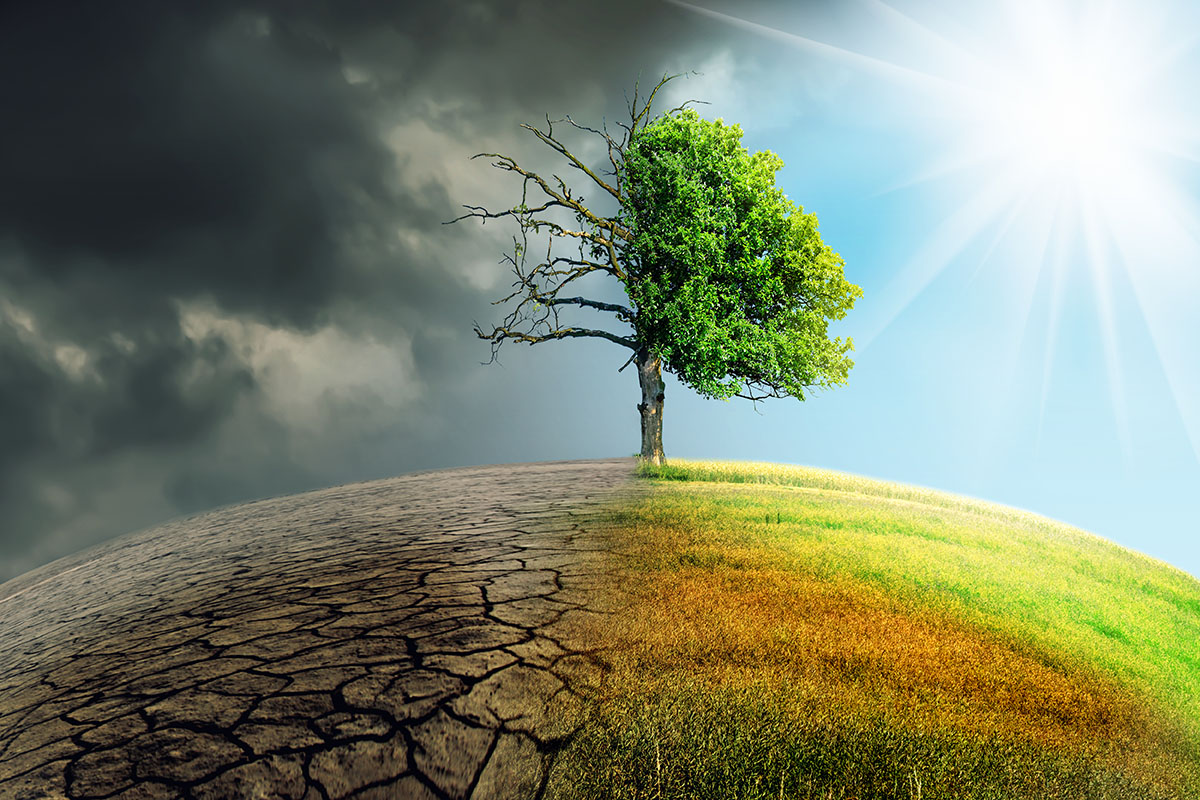

The climate is the average weather conditions in a place over a long period of time. It includes the average temperature, precipitation, and other weather patterns.
Climate is different from weather, which is the conditions of the atmosphere at a particular time and place. Weather can change from day to day, but the climate is more stable.
The climate is important because it affects the way people live and work. For example, if a place has a hot climate, people may need to wear lighter clothing and drink more water.
The climate is also important for plants and animals. Different plants and animals need different climates to survive.
Climate is changing all over the world. This is due to a number of factors, including human activities such as burning fossil fuels. Climate change is causing the Earth to get warmer, and this is having a number of effects, including more extreme weather events, rising sea levels, and changes in plant and animal life.
Imagine that you are a gardener. You are planting a garden, and you need to choose plants that will be able to survive in your climate. You look at the average temperature and precipitation in your area, and you choose plants that are suited to those conditions. In the same way, climate is important for plants and animals. They need to live in climates that are suitable for their needs.
The climate of the Arctic is very cold.

Noun: climate (plural: climates).
Adjective: climatic.
Verb: to climatize.
Adverb: climatically.
The word “climate” comes from the Latin word “climās”, which means “inclination” or “slope”. It was first used in English in the 14th century to refer to the prevailing weather conditions in a particular place.
How is the climate of the world chaniging?